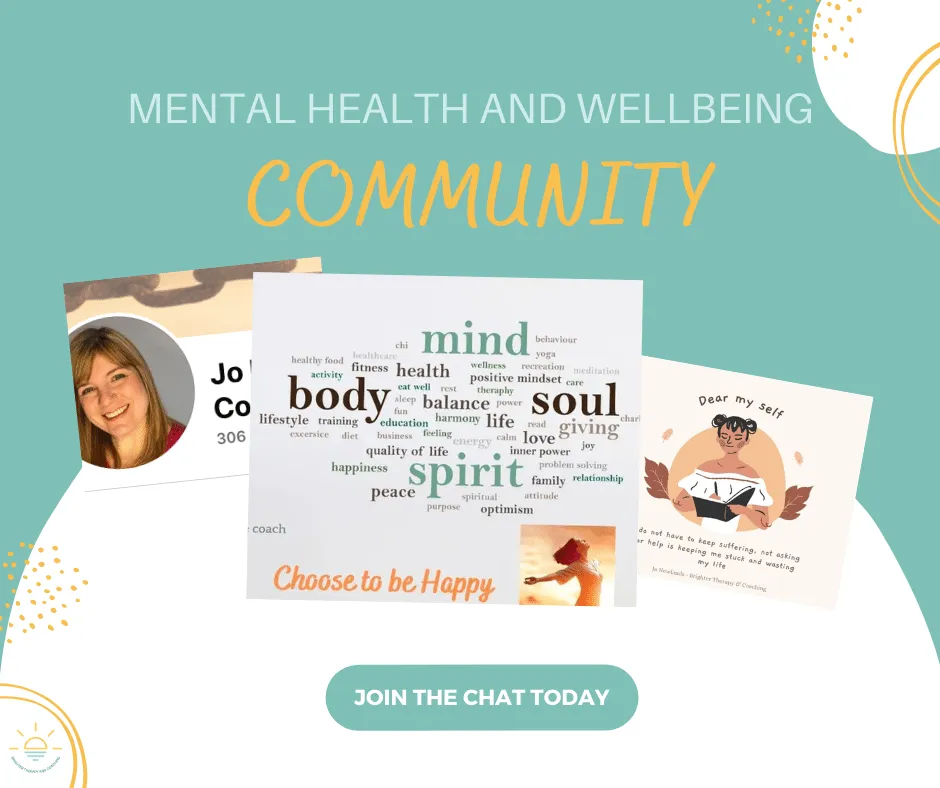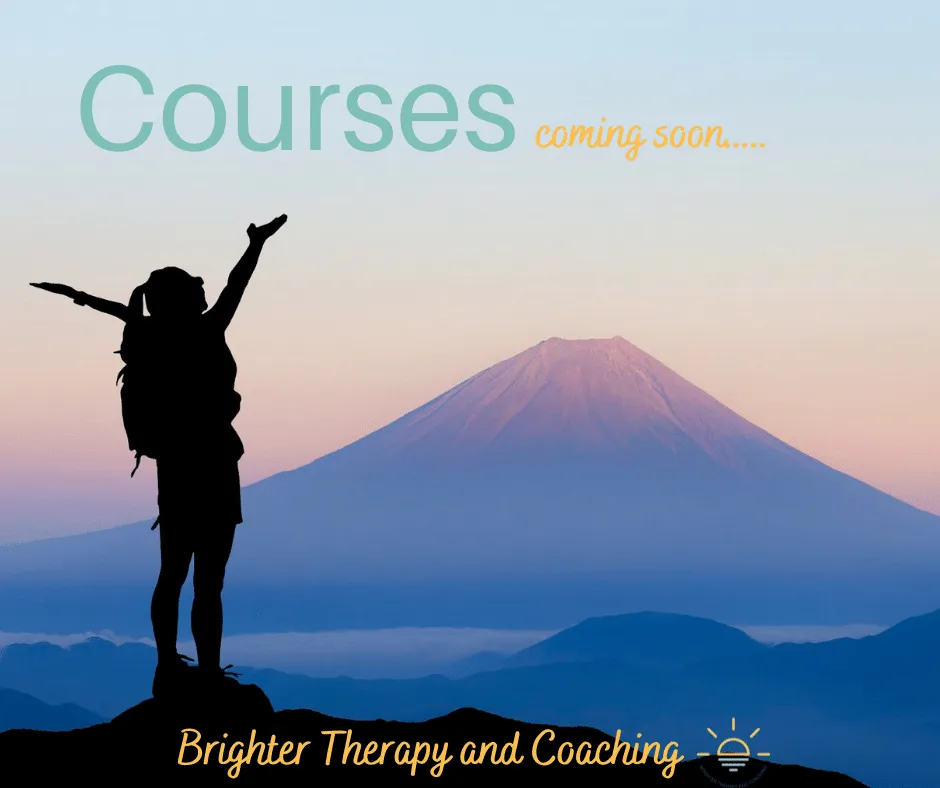Nine ways mindfulness can improve your life
I think most of us have heard of mindfulness and it’s something I use with most of my one-to-one clients. I often get asked how can it be of practical use in everyday life; and so in this post I will talk about the top ways mindfulness helps me and my clients feel and perform better and have happier relationships
You can find my contact details here and I'd love to hear from you if you have any questions.
If you are interested in joining me for an in-person mindfulness course in Comrie, find out more details here.

What is mindfulness?
Mindfulness is all about noticing the things happening right now and reconnecting with our own thoughts, feelings, and physical sensations. Often, we’re so busy thinking that we forget to pay attention to how our body feels or what’s going on around us. Mindfulness helps us create a mental space between ourselves and our thoughts, which allows us to reflect and respond calmly. By practising mindfulness, we can really experience the present moment and appreciate things we often ignore.
Mindfulness means being totally in the ‘here and now’, paying attention to our thoughts, feelings and what’s happening around us and not judging any of these thoughts and feelings.
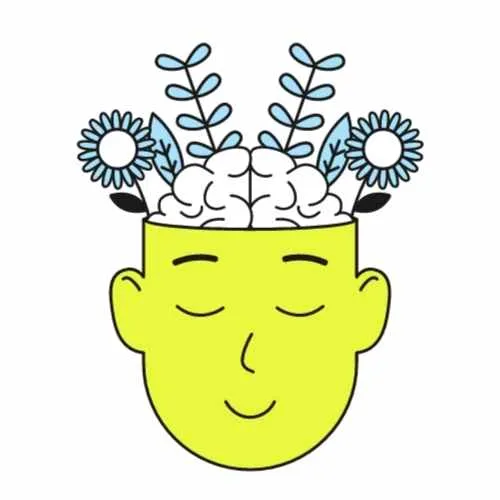
1. How does mindfulness help focus?
When we do mindfulness exercises, we become better at concentrating. We learn to keep our mind in the present moment, which helps us concentrate on the task we’re doing, reducing distractions and making us more productive. With regular practice, we can keep our focus sharper and for longer periods, helping us get things done more efficiently.

2. How does mindfulness help us feel better?
Being aware of the present moment helps us understand ourselves and the world better. We start to see and appreciate things that we didn’t notice before. Mindfulness also lets us see our thoughts and feelings as they happen, helping us recognise patterns and stop unhelpful thoughts.
By noticing our thoughts and feelings without judging them, we can accept them and be kind to ourselves. This helps us deal with difficult feelings more effectively, reduces stress and anxiety, and makes us feel better overall. It also helps us enjoy enjoyable moments more, which makes us feel happier.
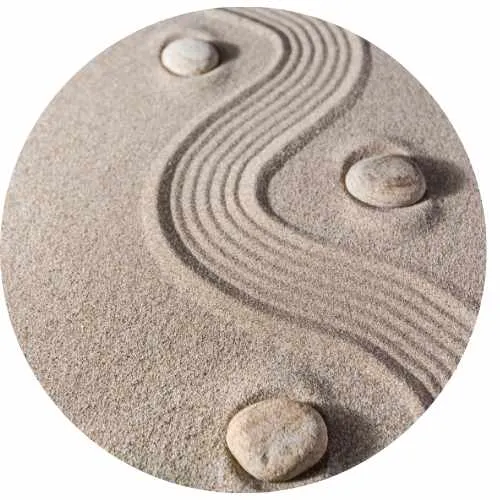
3. Mindfulness to control thoughts and feelings
Mindfulness helps us see the flow of thoughts and feelings in our mind. By stepping back and observing without judging, we learn that these thoughts are not who we are. This helps us break away from unhelpful thought patterns and stops them from controlling our feelings and behaviour.
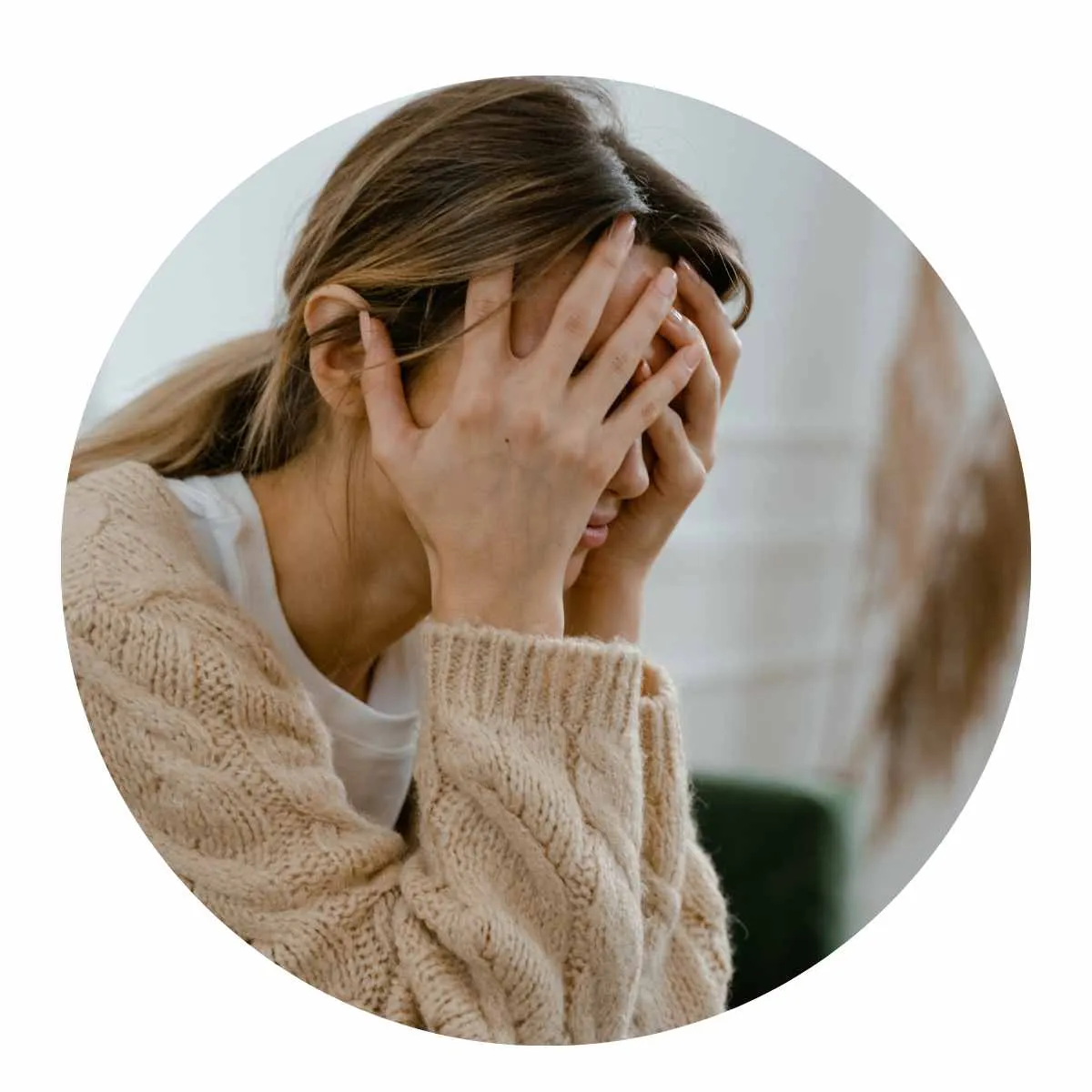
4. Mindfulness for handling stress and anxiety
Practising mindfulness helps us spot signs of stress and anxiety earlier, which means we can deal with them in healthier ways. Being aware of our thoughts and feelings without judging them helps us choose better ways to cope. Instead of getting stuck in negative thoughts, we can steer our attention to more helpful ways to deal with challenges.

5. Mindfulness to help us understand ourselves better
Practising mindfulness helps us understand our thoughts, feelings, and behaviour better. By observing ourselves without judging, we get to know our strengths and weaknesses better. This helps us grow as a person and make choices that are in line with what’s important to us.

6. Mindfulness can help prevent problems
The National Institute for Health and Care Excellence (NICE) suggests using mindfulness to help people who’ve had depression many times before. By understanding ourselves better, reducing stress, and being kinder to ourselves, mindfulness can help stop problems from coming back and make us feel better overall.
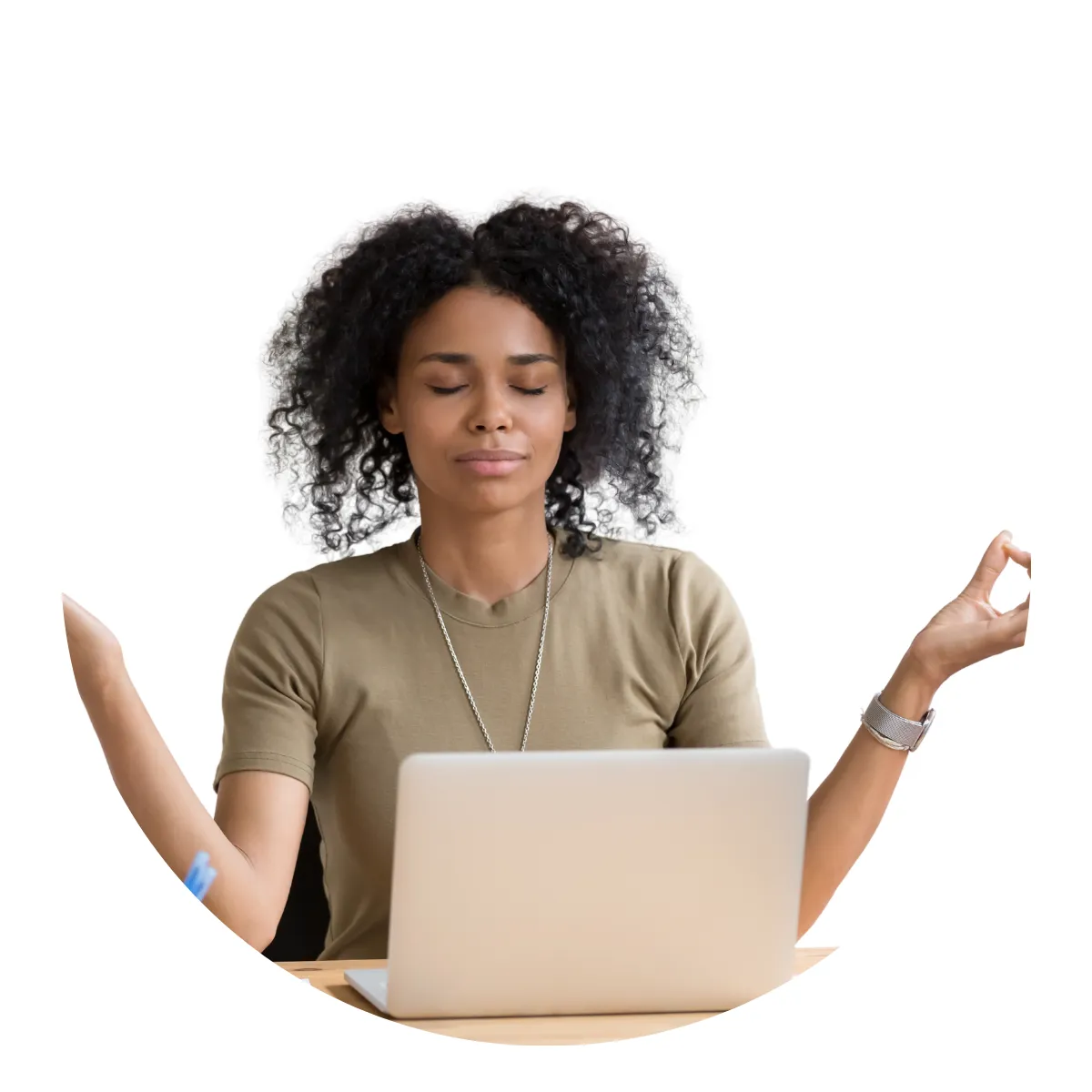
7. Mindfulness to help work life
Mindfulness can make a positive difference in our work. Using mindfulness in our daily work routine can help us make decisions with more clarity and focus. It also helps us be more productive by reducing distractions and helping us prioritise tasks. Furthermore, mindfulness can improve our relationships at work by making communication better and increasing understanding and empathy.

8. Mindfulness to improve relationships
Practising mindfulness can make our relationships better by improving our emotional understanding and communication skills. By being fully present when we interact with others, we become more attentive and understand their needs better. Mindfulness helps us listen actively, be empathetic, and react calmly, which helps us to deal with conflicts better. In the end, mindfulness can help us have healthier, happier relationships.
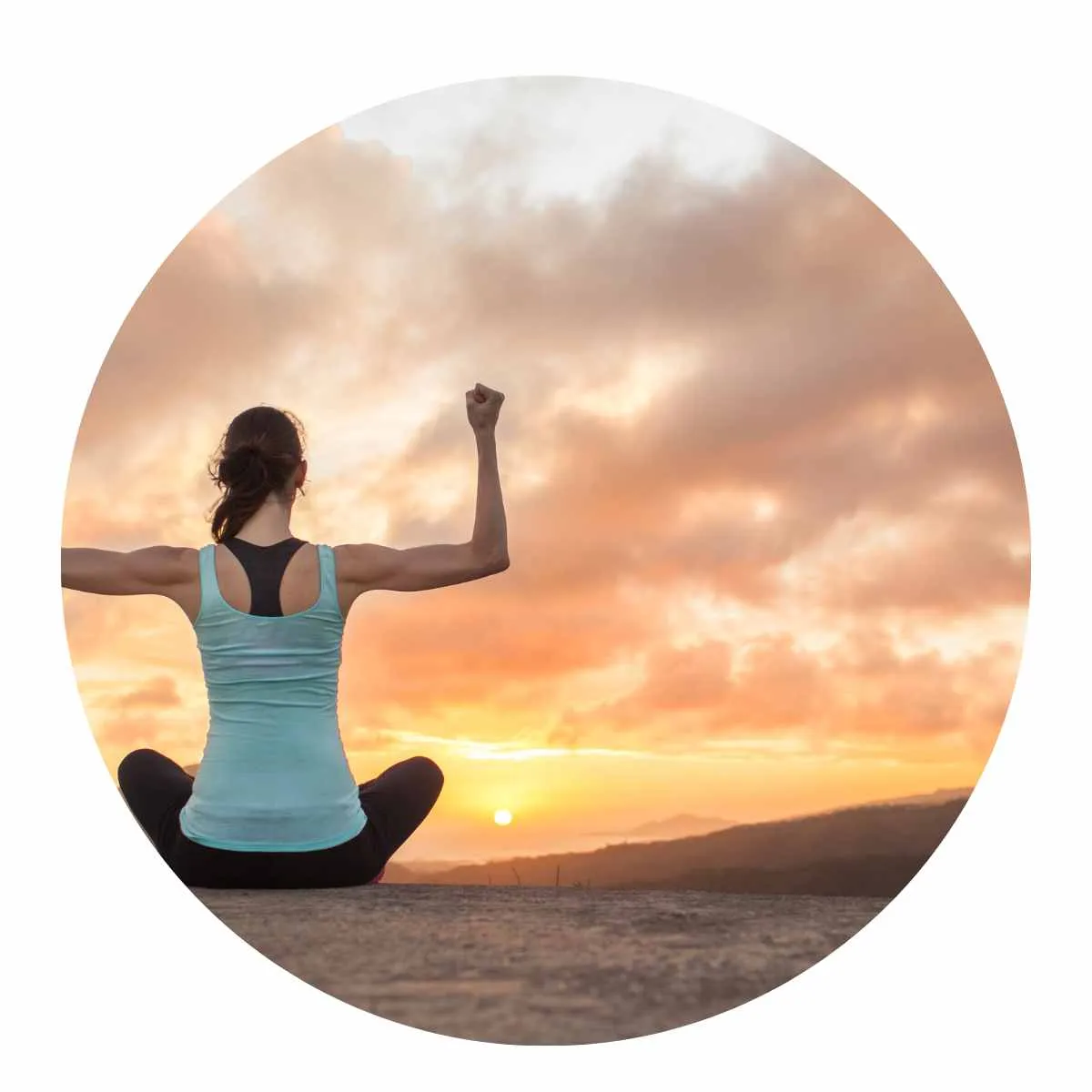
9. Boosting health and wellbeing with mindfulness
Mindfulness has lots of benefits for our physical and mental health. Regular practice has been shown to lower blood pressure, improve sleep, and manage chronic pain. Moreover, mindfulness can help with mental health issues like anxiety and depression. By building resilience and calmness through mindfulness, we become better at dealing with life’s challenges and improve our overall well-being.
As you can see, mindfulness can help us in many ways. By practising mindfulness regularly and gently, without judging ourselves, it can become a powerful tool for personal growth, peace of mind, and a more rewarding life.
Feel free to get in touch here if you would like to book in a session to explore mindfulness techniques tailored to help you in your daily life.
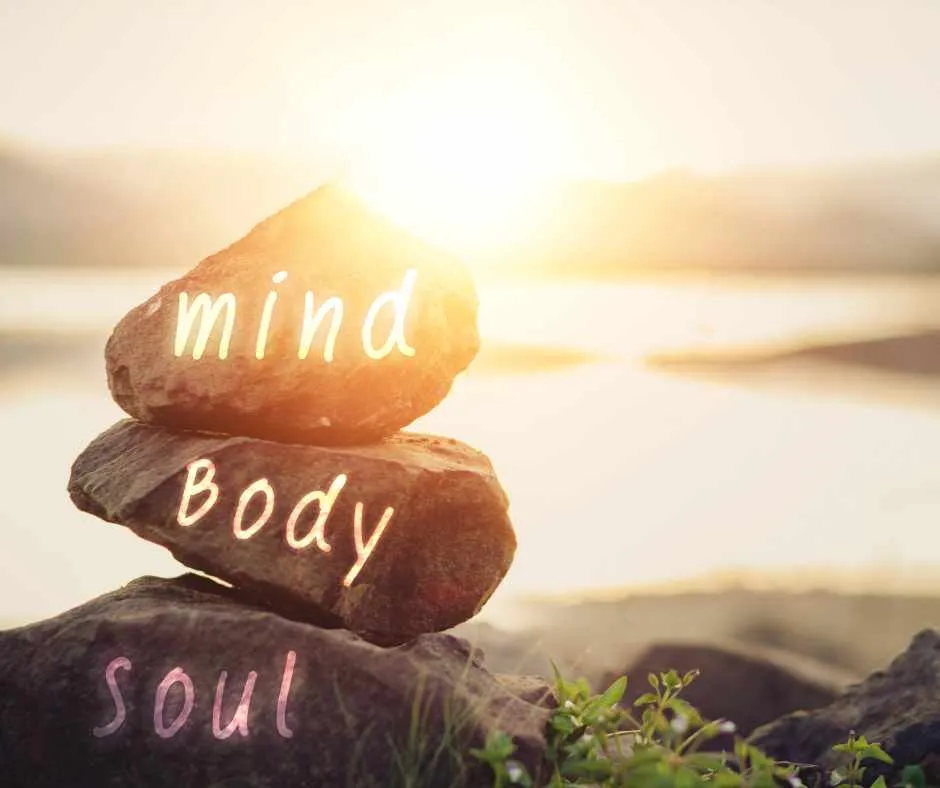
I am looking for mindfulness sessions near me
I provide in-person mindfulness sessions in Comrie, near Perth, Scotland. I also provide on-line sessions if you prefer. Please get in touch if you would like to find out more and book a session.
You might be interested in:
-
Brighter Therapy and Coaching Blog
I post regularly on mental health topics, recommendations and tips to help you live your best life. Read more blog posts here.
I help you to help yourself...
In-person
Focused one to one sessions which make you the centre of attention. It's all about you and I'm here to make you feel as comfortable as possible...
Phone or video call
Prefer not to meet in person or too far to travel?
Schedule a one to one call with me either on the phone or Zoom video call and I'll take you through the process as if you were in the room.
Virtual group
Join in with other like-minded souls on the same journey of transformation who are as hungry as you to start living their best lives...
Join my Facebook community
My mental health and wellbeing Facebook group is to encourage a balanced happy inspired life, building on the principles of a positive mindset, healthy habits, goal setting, gratitude, fun, maintaining healthy relationships and a focus on self care.
Courses and workshops - coming soon!
Coming soon in 2023 - my bespoke courses on topics including stress-busting, anxiety and how to reduce panic attacks.
Copyright © 2023 Jo Newlands. All rights reserved
Address
Perthshire, Scotland PH6

